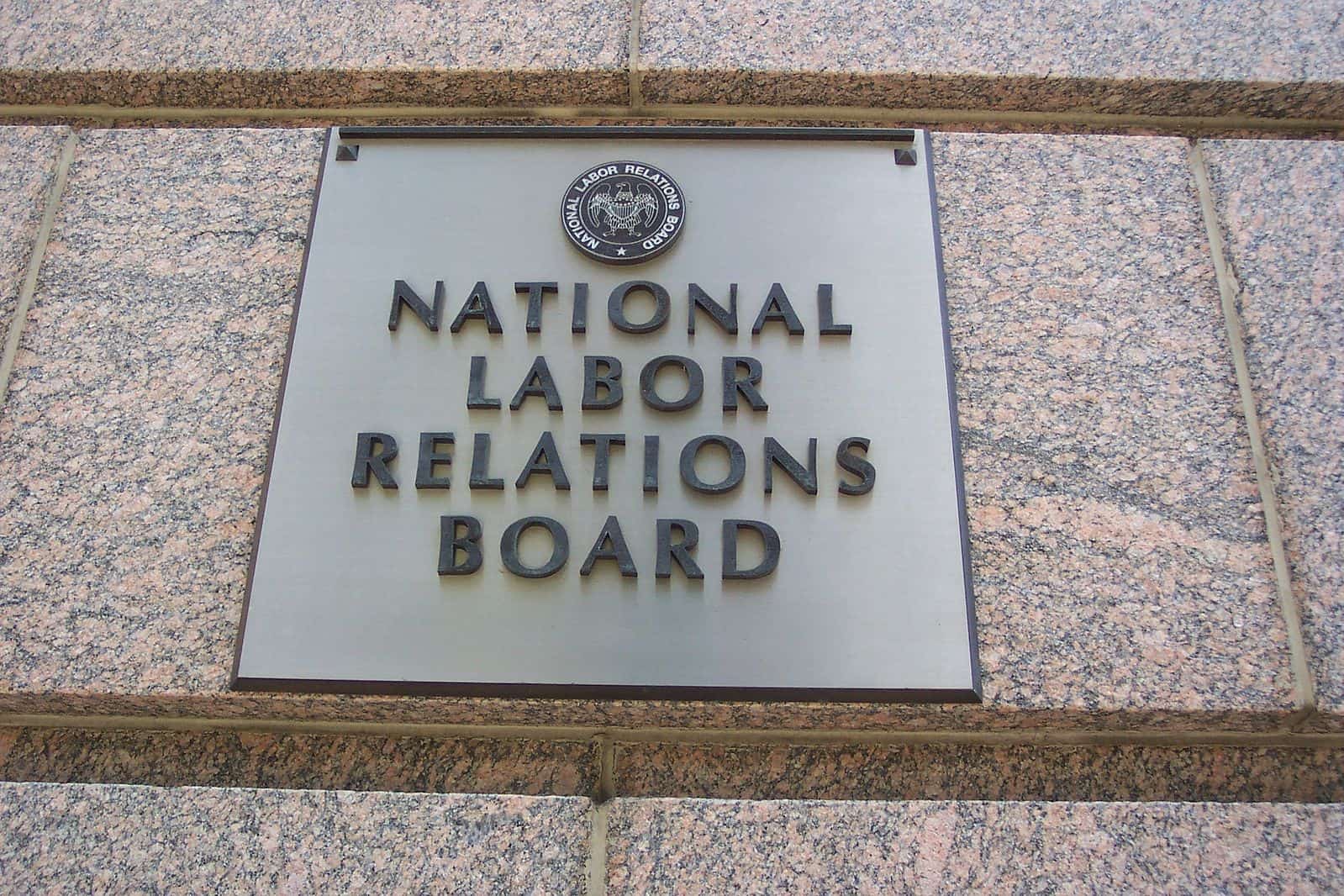
Fred Messner is a student at Harvard Law School.
Bloomberg Law reported this morning that the Inspector General of the National Labor Relations Board concluded that former Board member William Emanuel violated federal law by “failing to monitor investments that created disqualifying conflicts of interest in five cases.” Emanuel, a career management-side lawyer, was appointed to the Board by Donald Trump in 2017 and served until late August of 2021. Although the Inspector General did not allege that Emanuel intentionally sought to profit from his participation in the five cases, “hundreds of emails and financial documents” obtained by Bloomberg “show that his conduct despite repeated warnings created at least the possibility of self-enrichment.” Although the Department of Justice declined last year to press criminal charges, the Board has deemed Emanuel’s conflicts serious enough to reconsider decisions in at least four of the five cases. The fifth case, which has not been disclosed, may also be reopened in the future.
Elsewhere, the campaign to organize workers at Google’s parent company, Alphabet Inc., notched its first victory on Friday when workers at Google Fiber voted 10-1 to join the Alphabet Workers Union (AWU), which is an affiliate of the larger Communications Workers of America. The workers are directly employed not by Alphabet, but by BDS Connected Solutions, a staffing subcontractor based in Kansas City. Google has sought to downplay the significant of the union vote on that basis, explaining that it has “many contracts with both unionized and non-union suppliers.” Nevertheless, the union has indicated its designs on building power to bargain collectively not just against subcontractors, but against Alphabet itself. In the BDS organization campaign itself, the union initially sought to designate Alphabet as a joint employer but chose not to engage in a “protracted battle” when the company resisted inclusion. With organizing momentum building, it may not be long until the AWU finds the right litigation vehicle to take the fight directly to Google.
Finally, The New York Times reported this morning on upcoming contract negotiations between the International Longshore and Warehouse Union (ILWU) and a group of 29 ports along the West Coast of the United States. The Times’ article follows a long-form analysis of the “brew[ing]” dispute in The American Prospect last month. The current contract covers more than 22,000 workers, almost 75% of whom work at the ports of Long Beach and Los Angeles, and is set to expire at the end of June. After that, the Times suggests, the future is uncertain. Ongoing economic dislocation driven in part by “traffic jams” at ports could give workers additional leverage against port operators fearful of further disruption. But tenuous conditions could also cut in the opposite direction, as the union may be loath to bargain aggressively for additional gains if the public would—rightly or wrongly—perceive their efforts as exacerbating economic pain. The union plans to open contract discussions in May.






Daily News & Commentary
Start your day with our roundup of the latest labor developments. See all
January 13
15,000 New York City nurses go on strike; First Circuit rules against ferry employees challenging a COVID-19 vaccine mandate; New York lawmakers propose amendments to Trapped at Work Act.
January 12
Changes to EEOC voting procedures; workers tell SCOTUS to pass on collective action cases; Mamdani's plans for NYC wages.
January 11
Colorado unions revive push for pro-organizing bill, December’s jobs report shows an economic slowdown, and the NLRB begins handing down new decisions
January 9
TPS cancellation litigation updates; NFL appeals Second Circuit decision to SCOTUS; EEOC wins retaliation claim; Mamdani taps seasoned worker advocates to join him.
January 8
Pittsburg Post-Gazette announces closure in response to labor dispute, Texas AFT sues the state on First Amendment grounds, Baltimore approves its first project labor agreement, and the Board formally regains a quorum.
January 7
Wilcox requests en banc review at DC Circuit; 9th Circuit rules that ministry can consider sexual orientation in hiring decisions